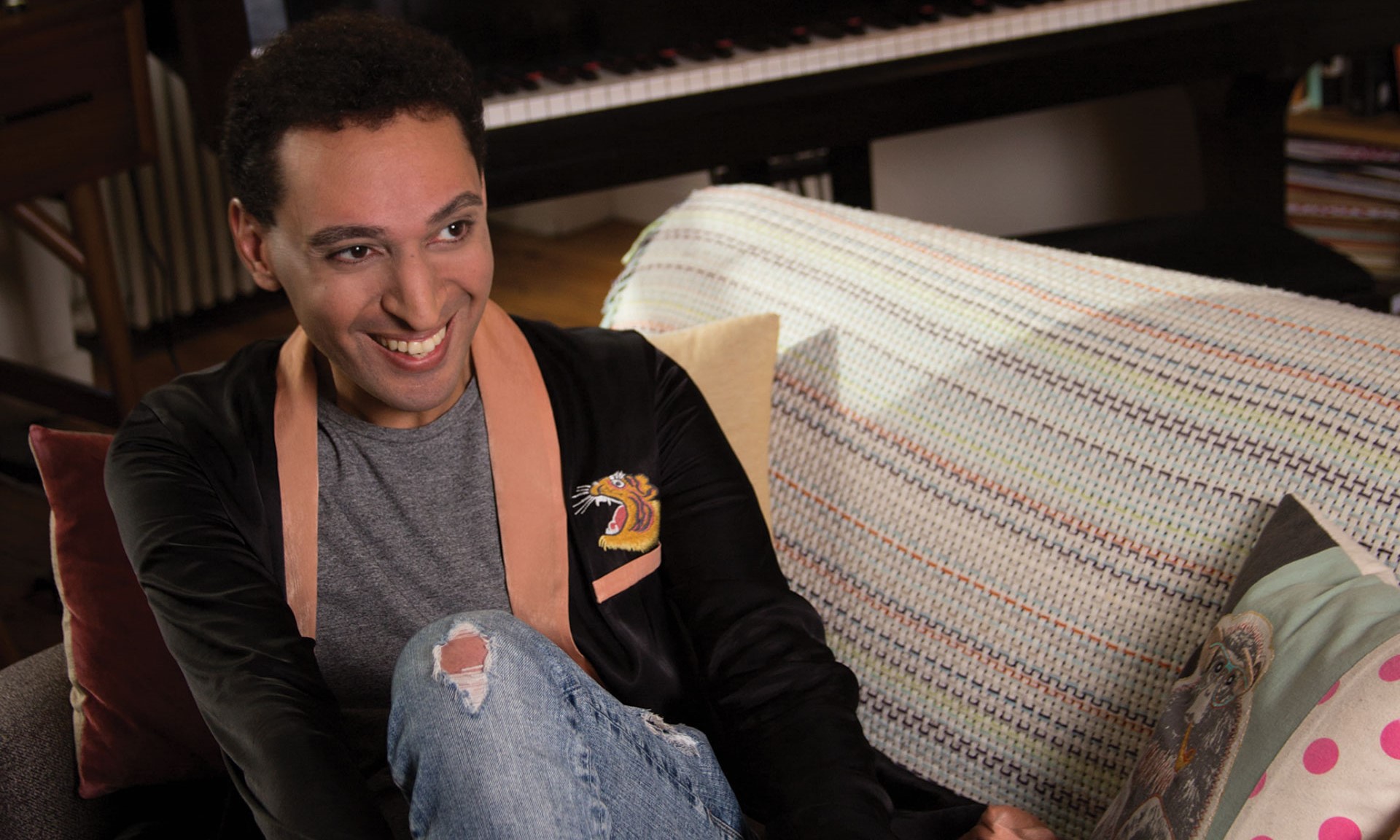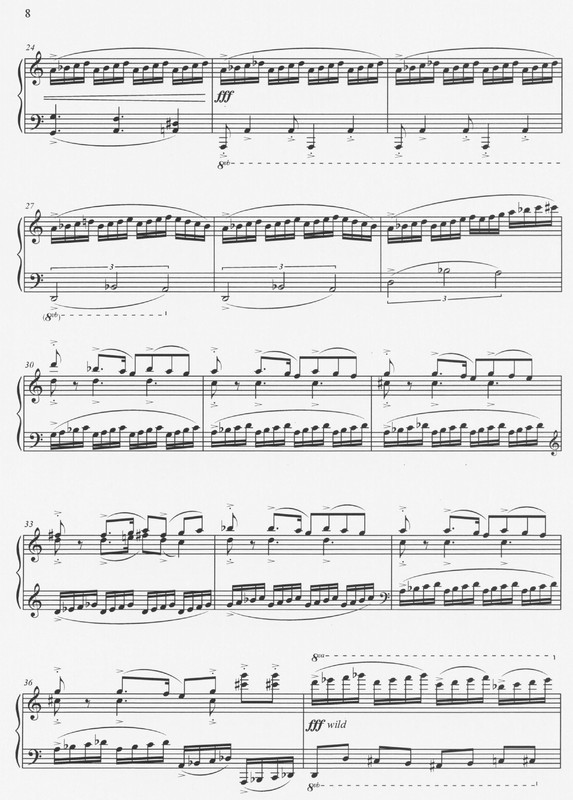El Male Rachamim
Item
-
Score title
-
El Male Rachamim
-
Composer
-
Mohammed Fairouz
-
Program note
-
El Male Rachamim (God, full of mercy) takes its title from both the poem by Yehuda Amichai and the litany that inspired it. The Jewish funeral prayer recited by the hazzan accompanies the ascension of the soul and is used to evoke the memory of the deceased. My response for solo piano, written to the memory of György Ligeti, takes a narrative approach to the text. It’s cast in five sections that flow continuously with little pause.
The opening lines of Amichai’s poem turn the ancient prayer on its head: “God full of mercy/If only God were not full of mercy/There would be mercy in the world and not just in him”. These lines are at once shocking, irreverent and deeply heartfelt. The tone of the music is dark and ominous. It pulsates with groans that rise out of the the depths of the piano. At once, the piercing voice of the cantor is heard. There is a terrible breathing throughout and occasional eruptions.
This is immediately followed by a more lyrical, flowing movement.“I, who pluck flowers from the hilltops”, suggests a surface sweetness that conceals an inner crying. There is an expansive quality to the music inspired by the speaker of Amichai’s poem “looking over all the valleys”.
“I, who brought corpses from the hilltops” is a full-on dance of death. The piano rages with percussive blows and Amichai’s contemporary interpretation of the prayer is punctuated with passages that evoke air-raid sirens. The first pause in the work corresponds with the first real conclusion in the poem at the end of the Amichai’s first stanza: “I can tell you that the word is void of mercy”.
The fourth section of the work, “I who use but a tiny portion of words in the dictionary” limits the musical vocabulary to a downward-moving cantorial descent. The atmosphere is at its most openly mournful with a painful, slow inevitability.
Finally we have an image of one who is “forced to decipher riddles”. The movement strives for an apotheosis but is seemingly blocked from reaching it. The simple lyricism of the movement slowly transforms to an exulted memory of the dead before giving up its spirit. The music finally returns, like Amichai’s poem, to the opening invocation and ends with an ultimate exhalation of breath.
– Mohammed Fairouz (2013)
 Mohammed Fairouz
Mohammed Fairouz

